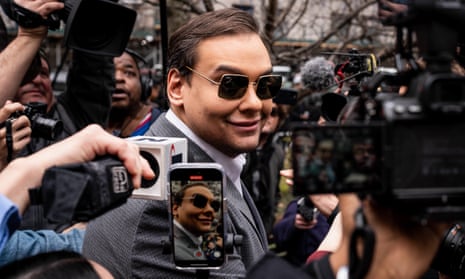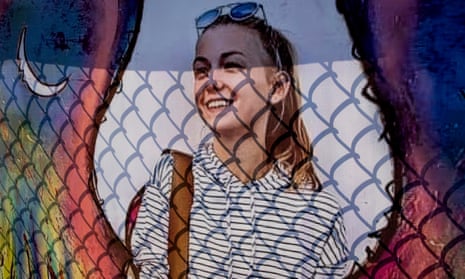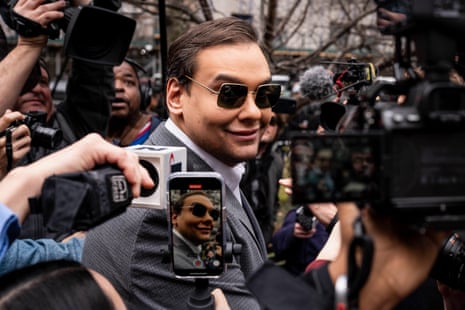The death of Martin Amis rightfully made headlines last weekend. It made me think that only a handful of British writers would deserve the same cultural post-mortem after death – McEwan, Barnes, Ishiguro, Byatt – and a few writers born after 1960. coming years? Amis, the most brilliant stylist of his time and a man who never consciously typed clichés, deserves it, and I can think of a few others who do too. But it suddenly worries me that we, the public, are becoming increasingly short-sighted about fiction, that novelists are now just tools for us in the culture wars, and that Amis' death has reminded us that we have lost the ability to connect with the true craft of the author. .
In fact, this shortsightedness is not new. The novel writing boom came in the 1950s, 60s and 70s in the UK, but which of these writers are we still working with in the 21st century? Certainly not Angus Wilson, the eccentric and sometimes formidable writer who openly discussed homosexuality ten years before it was legalized. And what about William Cooper, a prolific chronicler of our weaknesses, often expounding on the essential strangeness of our nation in a provincial town setting? This perception of provinciality, I think, is a longstanding problem. (In fact, this is so common that it sometimes becomes an unfair accusation. It was brought against, for example, the great Iris Murdoch – still a famous name, 24 years after her death – despite the universality of the philosophical dilemmas with which she so often wrestled in her peculiar and insightful fiction.)
Americans are more efficient at retaining their writers. These late 20th-century giants – Updike, Vonnegut, Roth – still feel important today, and this is often associated with a certain amount of mythologizing throughout Pond. Here we often apologize and do not want to praise those writers who seem too smart by half. Tiresome accusations of “elitism” abound. But I also think that many writers will not survive because of mere visibility. We used to treat novelists, if not like rock stars, then like celebrities. Journalists lashed out at the exploits of Amis and his cohorts with a sense of envy that made them “part of the national conversation”. They appeared on talk shows, caricatured by cartoonists. Sally Rooney going to war with an Israeli publisher doesn't seem like a good fit. We don't want writers to be serious: we want them to be funny, or at least recognizable people.
And yet I don't think modern novelists are to blame. They are anxious, nervous, afraid of being “summoned” on social media. Publishers, equally intimidated by the rise of identity politics, are siding with those who believe that life experience is the only requirement for a good novel. The results speak for themselves, often leading to sentimentality that dulls the effect of what all great novelists must do: scrutinize their plots with deadly seriousness. Despite all this, I think that Amis was an incredibly emotional writer – just read his excerpt in “Experience” about the memorial service for Lucy Partington, his cousin who was killed by Fred West – I think he had that shard of ice that is needed all writers to succeed. /p>
But in a world where words are taken so literally, that piece of ice no longer seems acceptable. And if today's novelists feel compelled to be polite, it's no wonder readers don't get excited. The best writers of the Baby Boomer generation were cynics, and I think that cynicism is lacking now.
center) with English writer Julian Barnes (right) in 1988
Except: if you look at writers outside of the novel format, it's not. This week, I watched the penultimate episode of HBO's Continuity, the decade's television drama that seems to have literary ambitions. Its creator, Jesse Armstrong, took a cold and stern look at Roy's terribly dysfunctional family, and the final episode had a scope that was no different from a state-of-the-nation novel. When families, friends, and crocodiles arrived at St. Ignatius of Loyola Church in Manhattan, protesters, angered by the family's support for far-right politician Jerid Menken, surrounded him, and the Roys' protection evaporated. The focus shifted sharply between public and private, and the masks that hid a million psychological flaws were thrown off, especially the mask of the youngest son Roman, whose indirect relationship to the world was suddenly – spectacularly – menacingly unleashed. It was insight of the highest literary order: emotionally truthful, strikingly vivid.
Comparisons have previously been drawn between the great TV drama and the novel: Matthew Weiner's (2007-2015) Mad Men, set in a nascent advertising agency during the boom of the early 1960s, often left you feeling like you've stumbled into a whiskey-fueled bildungsroman. . But Succession takes that comparison to another level in its detail and psychology.
It all makes me think that in 30 years we won't be talking about hot young screenwriters on Granta.” List of the best young British writers” (or even the list before it), but enduring literary sensations coming from prestigious television. In fact, we probably won't even know who they are: for all his talent, Armstrong is not a household name. But while he is a Brit who tells American history, and I imagine he will do little on these shores in the future, we must cherish his kind. The golden age of the great British novelist is over, and if publishers don't give up on the idea that the novel is an exercise in thought, we won't see a new one anytime soon.


























































Recent Comments